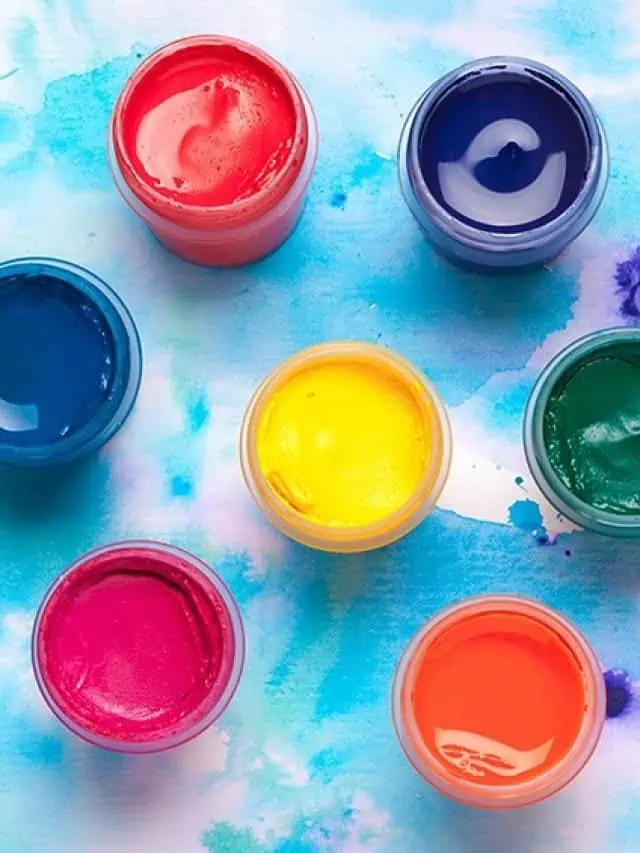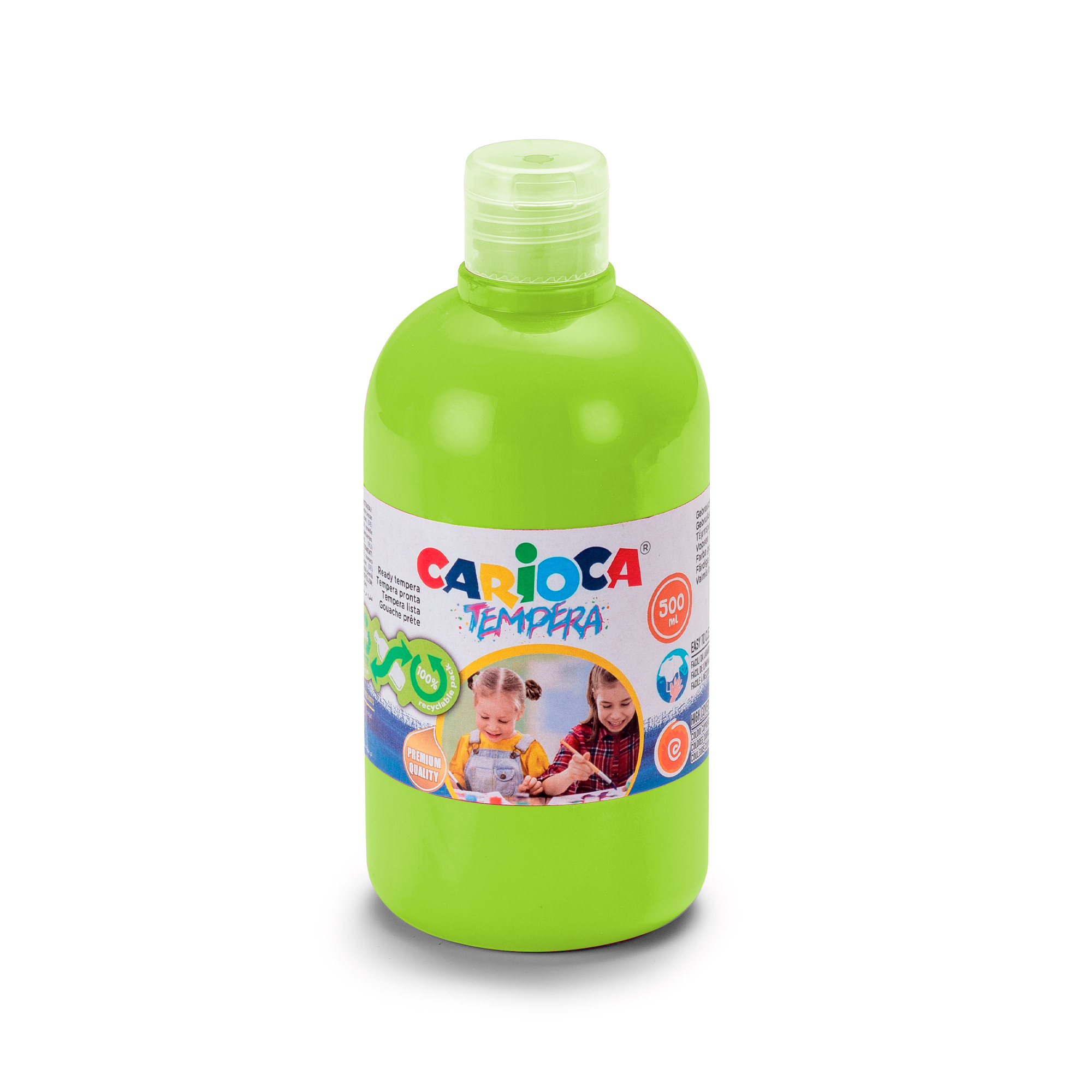
charcoal and tempera Tempera, Charcoal, Work, Painting, Painting Art
Tempera paint, also referred to as "poster paint", is a water-based paint that is mixed using a chemical binding agent, and is allergen-free and non-toxic. How is tempera paint made? The fundamental ingredients include starch, water, calcium carbonate, cellulose, and pigments.

Pinturas Témpera YouTube
W celu oszacowania niepewności pomiaru związanej z tymi obserwacjami przeprowadzono wcześniej, w takiej samej tempera turze, serię dziesięciu pomiarów. label.pl In order to evaluate the uncertainty of measurement associated with these observations, a series of ten measurements has been previously undertaken at the same temperature of.

Peinture à la tempera
Określenie "akwarela lub emalia" posiada 1 hasło. Inne określenia o tym samym znaczeniu to akwarela; akwarela lub tempera dla malarza; ochra, akwarela, ugier, gwasz, henna, tempera.

Tempera Paint What It Is and How To Use It
There are many examples of tempera paint failures caused by a faulty formula. For example, Leonardo da Vinci's famous, "The Last Supper" which is a mixture of tempera paint and oils, has gone through many ups and downs because of the unconventional paint mixture used. Many expensive restorations have been performed in order to preserve this treasured artwork, but sadly, the painting has.

Tempera painting, Tempera, Painting
The Triumph of the Virtues (also known as Minerva Expelling the Vices from the Garden of Virtue) is a painting by the Italian Renaissance painter Andrea Mantegna, executed in 1502. It is housed in the Musée du Louvre of Paris.

Sketch_2Nov018_1, 25x17 cm, Tempera on paper Fury poster, Lovers
farba emulsyjna dla malarza artysty » tempera Dodaj nowe hasło do słownika Jeżeli znasz inne opisy pasujące do hasła „ farba emulsyjna dla malarza artysty " możesz je dodać za pomocą poniższego formularza. Pamiętaj, aby nowe definicje były krótkie i trafne.

Tempera Artel 100 Ml / Negro N° 21
Tempera watercolor paint is a type of paint that is made by mixing water and pigment together. This type of paint is typically used for painting on paper or other absorbent surfaces. Tempera watercolor paint is known for its bright colors and is often used by children. 2.Place the glue, water, and liquid tempera paint in a squeeze bottle.

Paisaje en témpera Painting, Art, Scenery, Drawings, Art Background
The use of tempera by painters and restores in Italy and Latin Europe, c. 1800-1870, (con T. Perusini) in Painting in tempera, c. 1900. a cura di K. Beltinger, J. Nadolny, Archetype, London 2016, pp. 25-38

Tempera paintings
Tempera paint. Tempera painting, popular in the early Renaissance, used egg-based paint on wood panels. Artists prepared the wood with gesso, a liquid plaster, to prevent absorption. Pigments, often ground from minerals, plants, or insects, were mixed with egg yolk to create the paint. Gold leaf, made from pounded gold, was also used.

Tempera 500 ml
George Tooker (1920-2011), an American figurative painter, used the ancient method of tempera to portray haunting images of modern life. In Bathers (Bath Houses), Tooker captures his cool, rounded figures in an intimate moment, evoking a mood that is both dreamy and realistic.Something in this painting reads as slightly unsettling, and one wonders why he chose to capture this moment.

Tempera, Painting, Art, Art Background, Painting Art, Kunst, Paintings
[ˈtɛmpera] ), also known as , is a permanent, fast-drying painting medium consisting of mixed with a water-soluble medium, usually glutinous material such as egg . Tempera also refers to the paintings done in this medium. Tempera paintings are very long-lasting, and examples from the first century AD still exist.

Fred Wessel, 1946 Egg Tempera painter Portrait, Tempera, Tempera
One of the famous masterpieces painted in tempera is The Last Supper (1498) fresco by Leonardo da Vinci. The artist painted it on primed dry plaster. Less than 20 years later, the paint began to deteriorate affected by moisture. In 1726, Michelangelo Belotti restored the painting with oil paint and thus created great problems in the subsequent.

Ritratto tempera su cartoncino Ritratti, Cartoncini, Tempera
Tempera in the Renaissance. The period between the 14 th and 15 th centuries was one of transition in Italy. Artists began to shift from working in egg tempera to oil. Though in general, the practice in Florence seems to have remained fairly traditional throughout the 15 th century as Florentine artists and, by extension their patrons, favoured tempera over oil.

Tempera Painting Of Sidharth Malhotra
TemperaThe way we used to paint. Before oil paint took the world by storm in the 15th century, tempera was the most popular painting medium in the Western world. Tempera is created by mixing pigments with a glutenous, water-soluble binder, often egg yolk—the reason tempera is still often referred to as egg tempera, and its a very old technique.

Craig Wetzel's Imaginactory Giclee print, Print, Book illustration
Tempera is an ancient medium, having been in constant use in most of the world's cultures until it was gradually superseded by oil paints in Europe, during the Renaissance. Tempera was the original mural medium in the ancient dynasties of Egypt, Babylonia, Mycenaean Greece, and China and was used to decorate the early Christian catacombs.

KDS Photo, National Gallery London, oil & tempera painting by Dirk
Tempera painting was the main medium used for small scale paintings on wooden panels in Medieval and Early Renaissance art. Tempera Painting was the main medium used during the Early Renaissance for smaller scale paintings on wooden panels. Any pigment which is tempered with a water soluble binder such as egg yolk, glair (egg white), gum arabic.